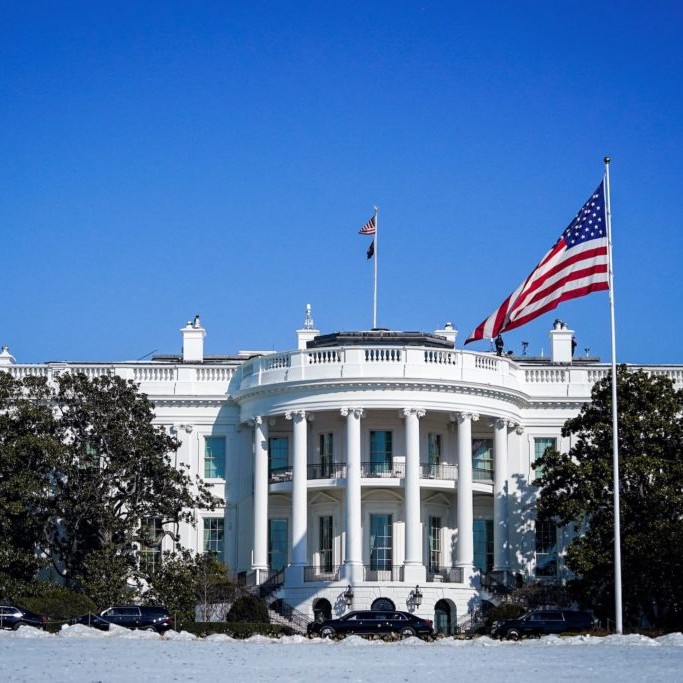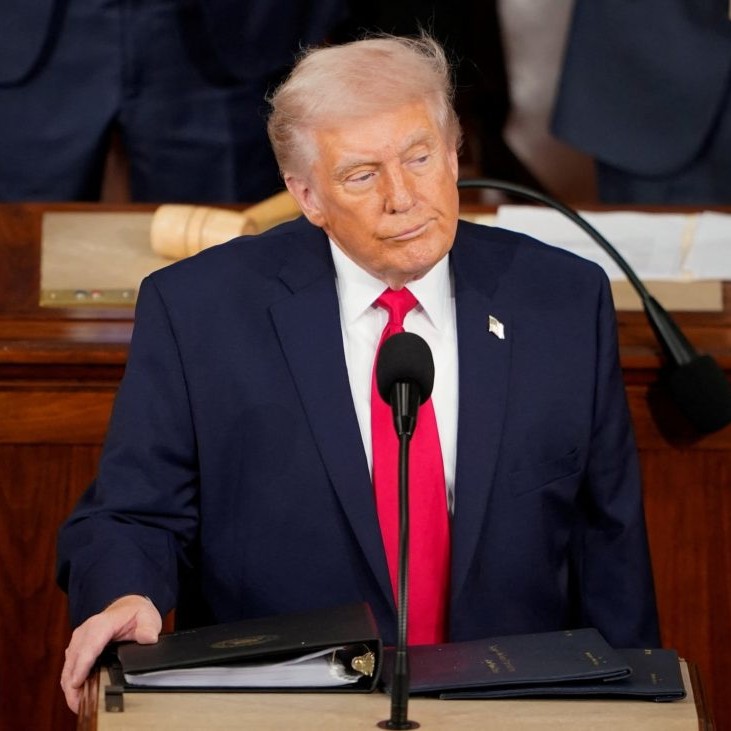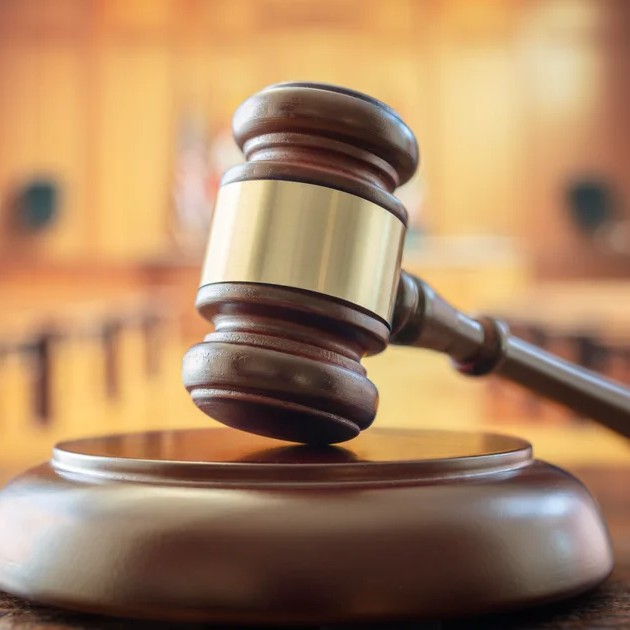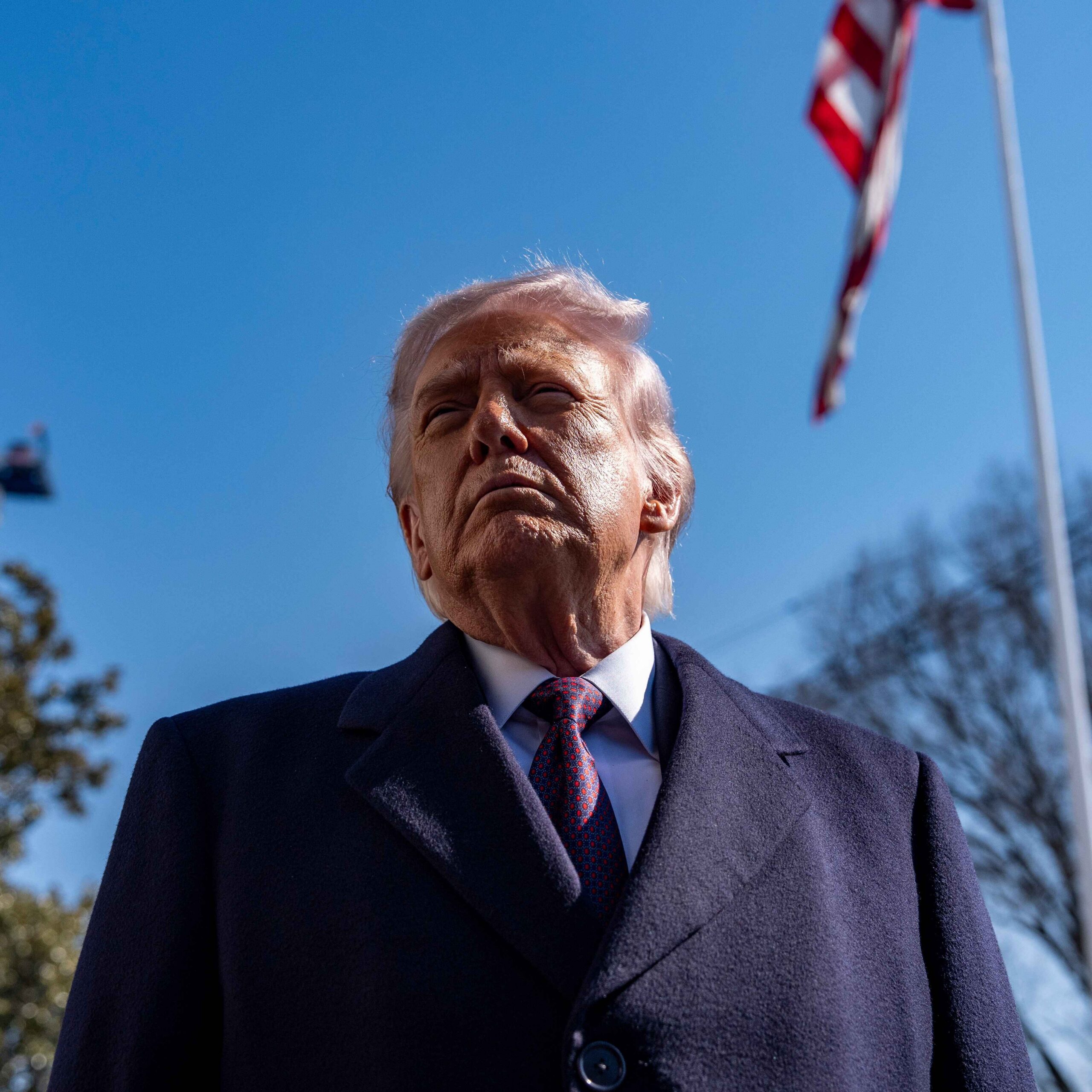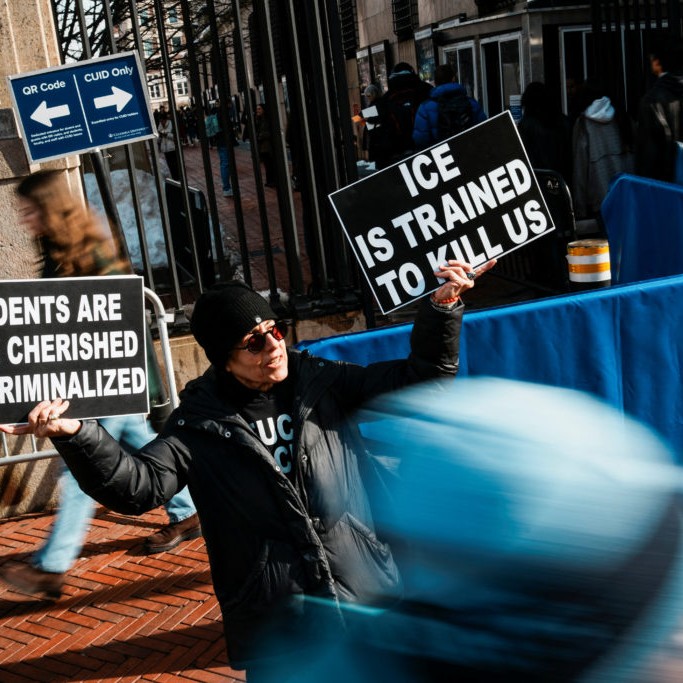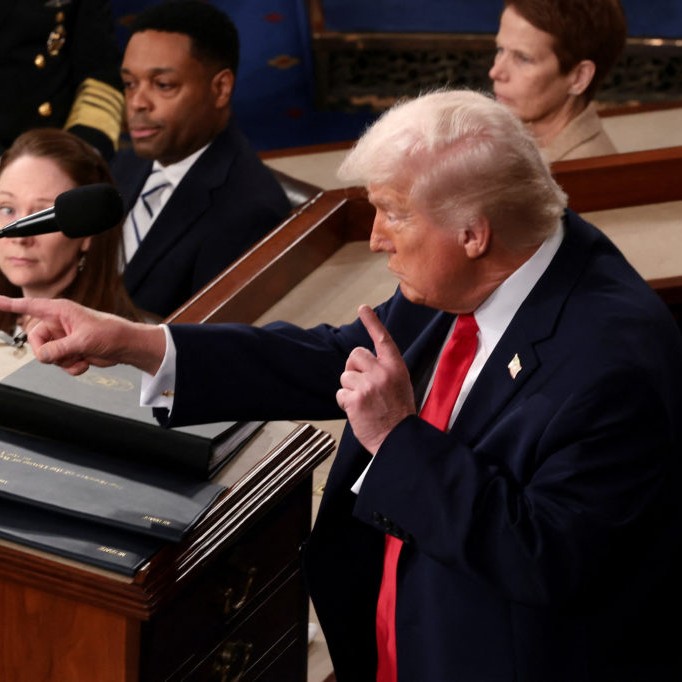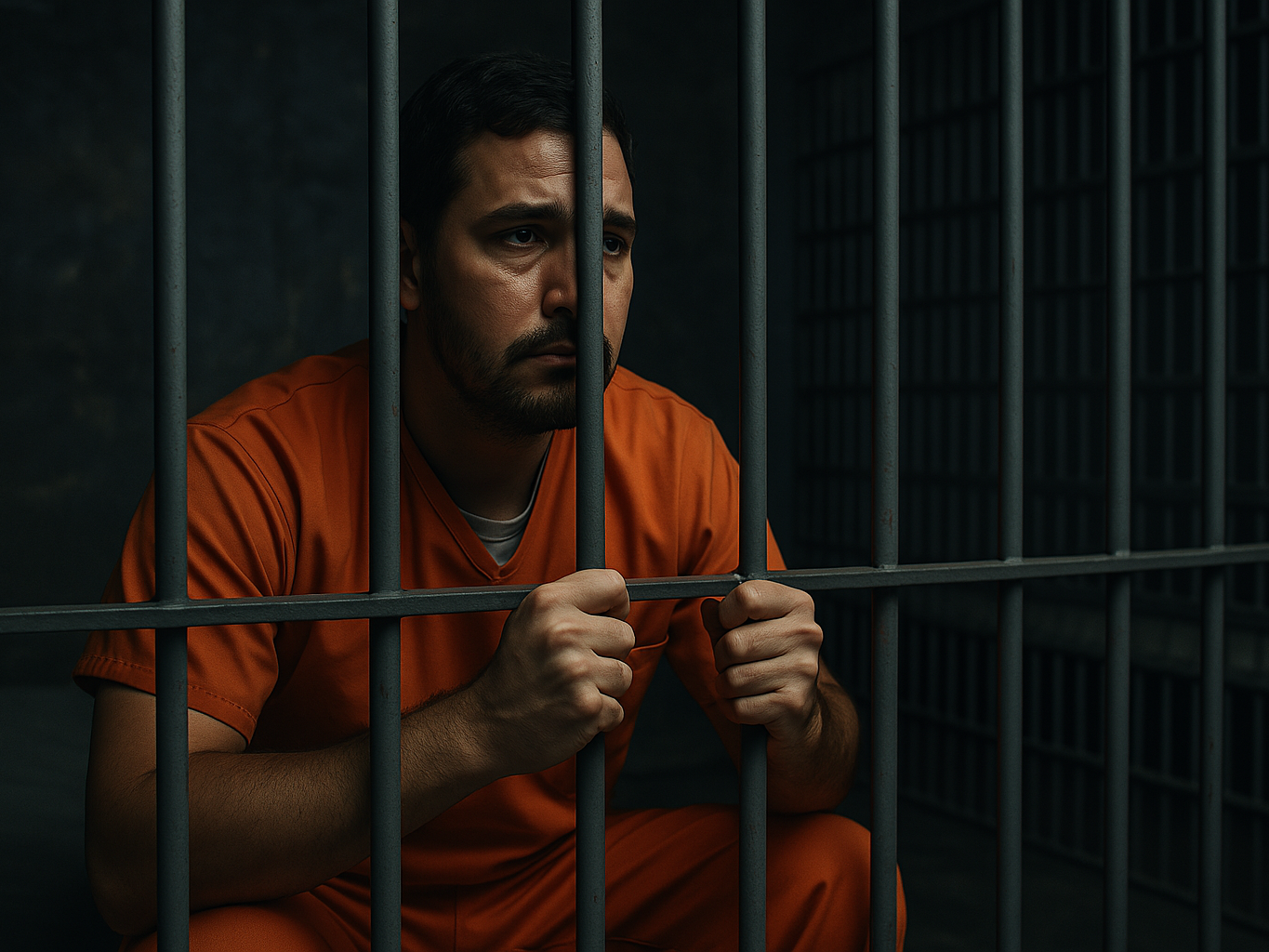
President Donald Trump says he would love to deport violent American citizens to a notorious mega-prison in El Salvador. Yes, you read that right — U.S. citizens. To a foreign prison. In a country known for jailing gang leaders and keeping inmates under 24/7 bright light in communal, mattress-less cells.
And while his press secretary insists it’s just an idea being floated, the gears are already turning. And one man, already behind bars, has become a lightning rod for a heated debate.
What Trump and His White House Said — And Didn’t Say
According to USA TODAY, when asked by reporters about El Salvador’s President Nayib Bukele’s offer to accept U.S. prisoners for a fee, Trump responded enthusiastically, saying, “I love it. If he would take them, I’d be honored to give them. I don’t know what the law says on that, but I can’t imagine the law would say anything different … If they can house these horrible criminals for a lot less money than it costs us, I’m all for it.”
His answer ignited a firestorm.
White House Press Secretary Karoline Leavitt followed up by confirming the president had floated the idea of deporting citizens, not just undocumented immigrants. According to MSNBC, she said it would only be for “violent” and “heinous” criminals and only “if it’s legal.”
The problem? It’s not legal. At least, not clearly — and not yet.
Could the US Really Deport Its Own Citizens?
The legal consensus is simple: the United States government cannot deport its own citizens.
But the Trump administration is testing that boundary. The case of Kilmar Abrego Garcia — a Maryland father and longtime asylum seeker mistakenly deported to El Salvador — has proven to be a major test case for the government’s deportation powers. Garcia is not a U.S. Citizen and is a native of El Salvador, but he has an immigration judge’s “withholding of removal” order, which means he was not supposed to be deported back to El Salvador for his protection, the BBC reported.
The government acknowledged Garcia’s removal as an “administrative error,” yet federal authorities have stonewalled his return, claiming they have no authority or ability to retrieve Garcia from El Salvador, as reported by CNN.
According to MSNBC, Supreme Court Justice Sonia Sotomayor issued a blistering warning in a dissent for a separate decision, saying, “not only noncitizens but also United States citizens could be taken off the streets, forced onto planes, and confined to foreign prisons with no opportunity for redress if judicial review is denied unlawfully before removal.”
Legal scholars argue that the administration’s logic — hinging on wartime laws like the Alien Enemies Act of 1798 — opens a dangerous door. Just recently, the Supreme Court unanimously decided that the federal government must facilitate Garcia’s return to the U.S.
Who Has Been Deported Already — And What Are Conditions Like?
Of the over 238 men already deported under Trump’s initiative, the overwhelming majority were allegedly undocumented immigrants. The Trump administration has asserted they also had serious gang affiliations, although little to no public evidence supports those claims. Garcia, who the government argues has connections to the MS-13 gang, had no criminal record and worked as a sheet metal laborer in Maryland before being arrested in an IKEA parking lot.
These men now reside inside El Salvador’s infamous Cecot prison — a sprawling warehouse fortress built to hold up to 40,000 inmates. Prisoners live in communal cells with no mattresses, no privacy, open toilets, under lights that never turn off. Shaved heads, hands cuffed behind their backs, and herringbone seating formations are part of daily routine.
They are watched constantly. Guards even pace catwalks above the cells.
There is no distinction made for deportees — at least officially. According to the prison director interviewed by CNN, “there are no privileges.”
A Rolex®, a Cellblock, and a PR Stunt
The face of the deportation campaign? Secretary of Homeland Security Kristi Noem, who visited Cecot last month with cameras rolling.
As reported by CNN, with prisoners crouched behind bars behind her, Noem addressed undocumented immigrants directly, saying, “This is one of the consequences you could face. First of all, do not come to our country illegally. You will be removed, and you will be prosecuted. But know that this facility is one of the tools in our toolkit that we will use if you commit crimes against the American people.”
But it was her wrist that drew attention online. Sharp-eyed observers noticed what looked like a $60,000 gold Rolex Daytona — the kind not commonly seen inside prisons. According to the Daily Beast, her fashion choice generated enough controversy that DHS spokesperson Tricia McLaughlin released a statement saying, “The Daily Beast should stop embarrassing itself and focus on substance, not sartorial choices. But since you’re so interested, then: Governor Noem chose to use the proceeds from her New York Times best-selling books to purchase an item she could wear and one day pass down to her children.”
The Real-Life Consequences
From the legal loopholes to the high-end watches, this story has all the elements of a dystopian thriller — except it’s real.
While the Trump administration insists they are only interested in targeting violent criminals, reports are growing of U.S. citizens being detained by immigration officers inside the U.S. — including a 10-year-old citizen with brain cancer who was en route to the hospital.
The 10-year-old patient, her mother and her sisters were separated from her father and brothers. They were detained for hours before the family was deposited in Mexico. The family had made the trip to visit the specialists for the 10-year-old’s cancer follow-ups multiple times with no issue prior to this.
Critics warn that without judicial review or due process, these practices could escalate. In a recent decision reported by USA TODAY, Judge J. Harvie Wilkinson III said, “The facts of this case thus present the potential for a disturbing loophole: namely that the government could whisk individuals to foreign prisons in violation of court orders and then contend, invoking its Article II powers, that it is no longer their custodian, and there is nothing that can be done. It takes no small amount of imagination to understand that this is a path of perfect lawlessness, one that courts cannot condone.”
Regardless of what happens next, one thing is clear: the debate over whether the U.S. government can deport its own citizens is of the highest possible stakes. And the consequences are becoming more real by the day.
References: White House floats deporting U.S. citizens | In notorious Salvadoran prison, US deportees live in identical cells to convicted gangsters | Trump Says He’d ‘Love’ to Deport US Citizens | Trump on sending American prisoners to El Salvadorian prisons | Kristi Noem Appears to Have Worn $60K Gold Rolex | Can the US return man deported to El Salvador? Immigration lawyers think so | Supreme Court rules U.S. must facilitate return of Kilmar Abrego Garcia from El Salvador | Trump admin deports 10-year-old U.S. citizen recovering from brain cancer to Mexico
